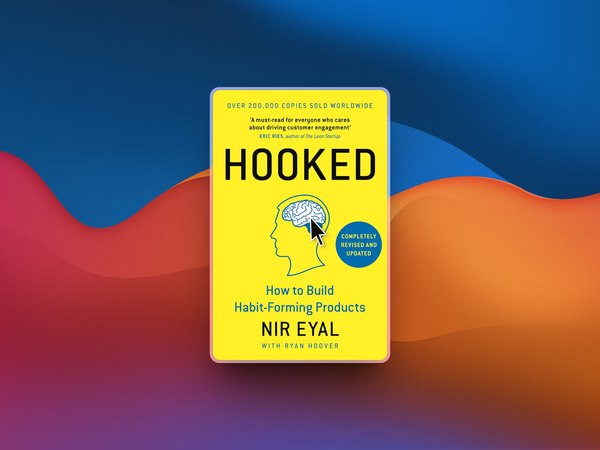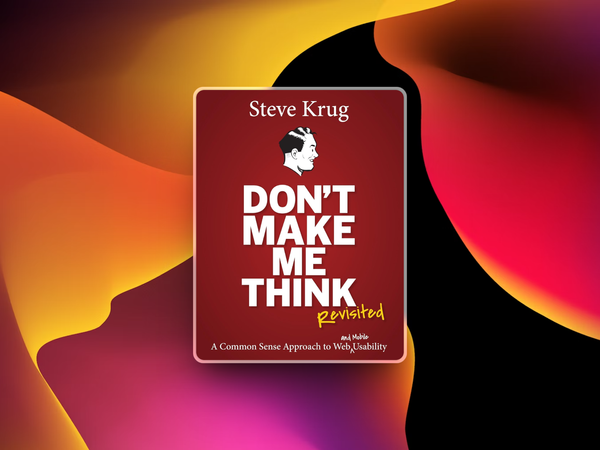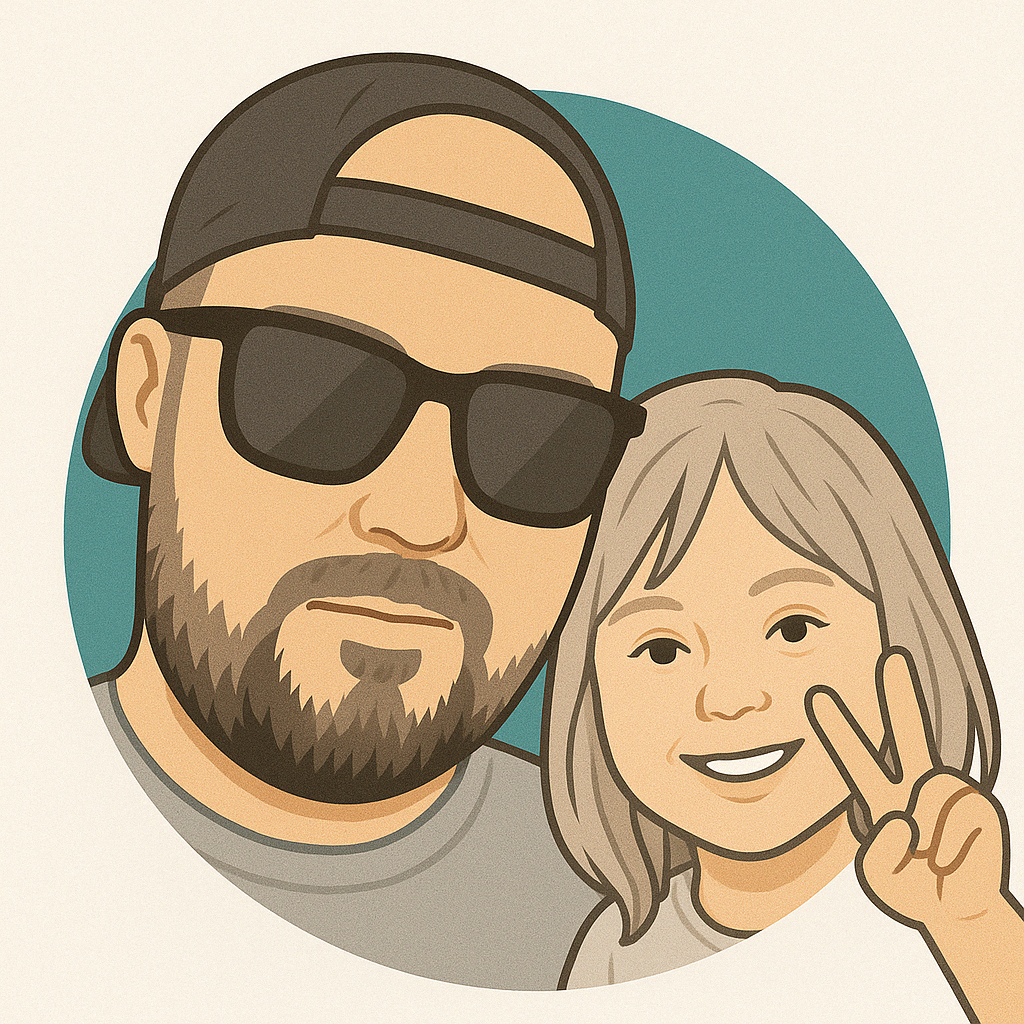Ah, the UX community’s transformation – from a collaborative think tank to a gladiatorial arena where self-proclaimed gurus wield their “best practices” like blunt instruments.
The friendly vibe of UX design is what got me interested. I even remember interviews from earlier parts of my career that seemed almost... cooperative and welcoming.
The interviewers seemed genuinely interested in helping you do your best. If you didn't make it this time, don't worry. We enjoyed talking with you, here's some feedback, and we encourage you to apply again in the future.
It felt like they meant that. Now though? Hmm.
Sometimes on platforms like LinkedIn or design-focused Twitter, it boils down to arguing over trivial stuff, like designers comparing two tiny parts of a user interface to see which one is better.
The market has shifted, times have changed. Corrections on surplus recruitment and AI have made the loud even louder as they seek an edge.
What was competitive is even more competitive now.
Everyone and their dog has a vested interest in UX. The tipping point has been reached, and folks are seeking to supplement their income by shilling you 12 week fast track certifications.
Bullshit.
Online, once a fertile ground for innovation and shared learning seems like a battleground where every LinkedIn influencer seems to have discovered the one true path to UX enlightenment.
Sometimes on platforms like LinkedIn or design-focused Twitter, it boils down to arguing over trivial stuff, like designers comparing two tiny parts of a user interface to see which one is better.

Let's be clear: The only person who gains anything is the designer asking which version is better, and that's just for getting people involved, nothing more. Gone are the days of gentle guidance and open dialogue. Instead, we’re bombarded with commandments etched in pixels:
“Thou shalt not enter the hallowed halls of interviews without these 10 sacred tricks…”
“Cast forth a case study upon thy portfolio, or be deemed unworthy of the UX Design mantle.”
“Claim not the title of UX Designer if thou darest dabble in the dark arts of UI.”
“Without the holy metrics of KPIs, thou art but a shadow at the table of design.”
“Forsake the ritual of design thinking workshops, and renounce thy claim to ‘true’ UX Design.”
“Wireframes? Pah! Cast them aside and leap headfirst into the UI abyss.”
It’s a cacophony of gatekeeping, where every voice clamours to be the loudest, the most authoritative, the one that sells the dream—or more accurately, the course, the workshop, the consultancy.
It’s a marketplace where wisdom is measured in likes and shares, and the currency is influence, not insight.
And what of the newcomers, the juniors?
They’re adrift in a sea of must-dos and must-haves, believing they must spin straw into gold to earn their place. It's exhausting, and I've been in the game for over ten years.
It’s a curious thing, how a community once rooted in empathy has sprouted a forest of egos. How did we get here? Perhaps it’s a reflection of our times, where everyone is an expert, and every opinion is a product to be sold.
But here's the truth. Many of these gurus online don't care what you end up becoming after you take their online courses. They want your money, and nothing else.
The fact of the matter is that UX Design hasn't changed since I started in 2010. The gatekeepers would have you believe otherwise because, well, that suits their narrative.
The deliverables, the processes and the outcomes - they're largely the same. And guess what? There are plenty of resources online, far away from the slick-tongued salespeople of LinkedIn.
It’s a curious thing, how a community once rooted in empathy has sprouted a forest of egos. How did we get here?
Perhaps it’s a reflection of our times, where everyone is an expert, and every opinion is a product to be sold.
Perhaps UX is so mainstream now that it was inevitable we'd have people shoving courses down our throats every time we just wanted to talk about our craft, our processes and who our favourite UX designer is.
Amidst this noise, the essence of UX remains the same—it’s about people, not posturing. And maybe, just maybe, it’s time to tune out the influencers and listen to the users once again.
After all, isn’t that what UX is really about?












